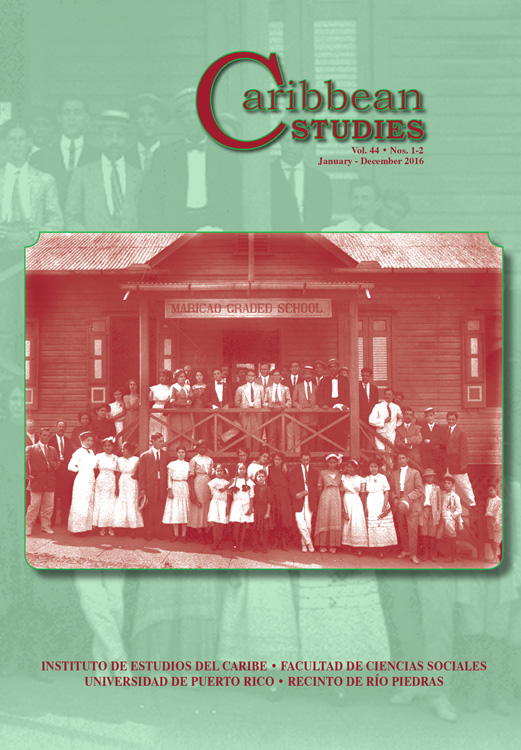Abstract
As a colony of the United States since 1898, Puerto Rico has continuously been pressured to incorporate English as a co-official language along with Spanish, the vernacular of the majority of islanders. This paper presents the historical context of language education policy in Puerto Rico as a case study in order to understand Spanish language maintenance despite more than 115 years of U.S. colonization. After providing a brief review of literature regarding perceptions of language threat and how they have traditionally been viewed, the paper uses the island‘s context to explore the impact that strong perceptions of threat can have on language maintenance and societal bilingualism. The paper explores the perceptions of threat associated with English in Puerto Rico and ultimately argues that the colonization practices and the on-going political environment have positioned English as a problem, which has consequently led to a primarily monolingual island.Downloads
Download data is not yet available.

